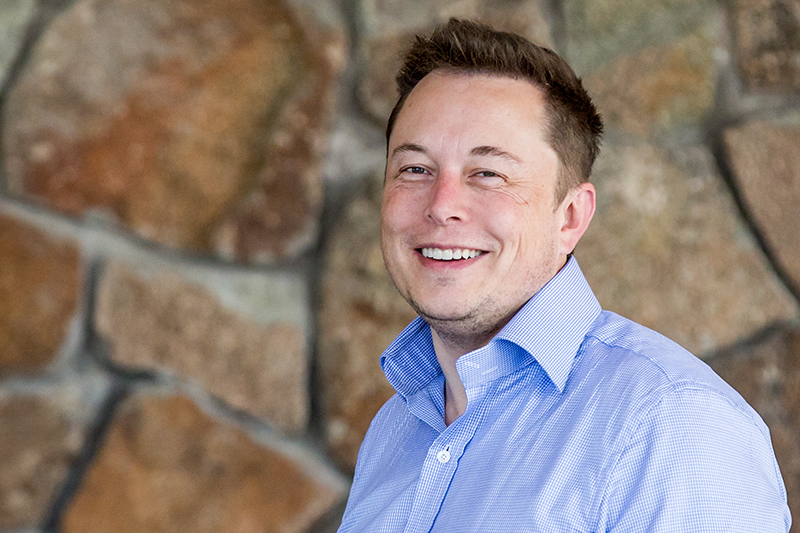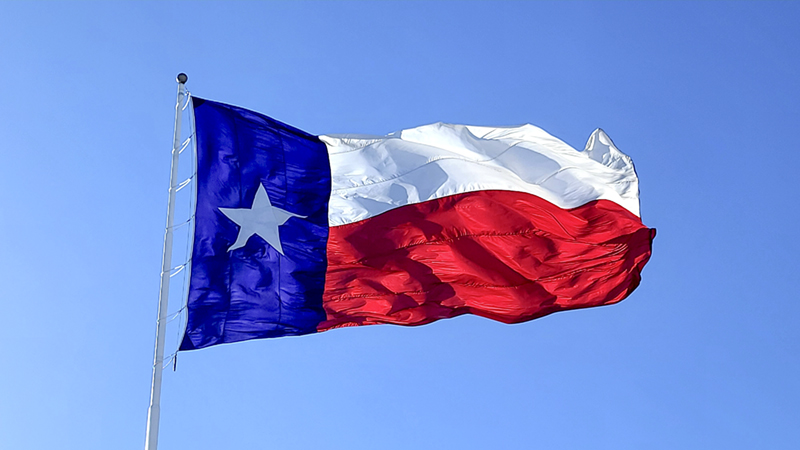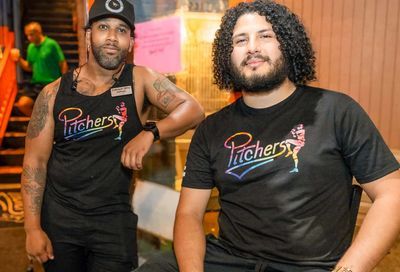Hawaii Supreme Court upholds parental rights for same-sex couples
Lesbian nonbiological parent must pay child support for the child she and her former partner planned to raise together

The Supreme Court of Hawaii has ruled that a lesbian nonbiological parent must pay child support to her former partner in order to take care of the child the couple had previously planned to raise together.
The woman in question, known only by her initials L.C., met her former partner, M.G., in 2010 and the two married in 2013.
From the beginning of their relationship, the two women talked about starting a family together. M.G. became pregnant in early 2015 through assisted reproductive technology using an anonymous donor’s sperm, but when she reached the seventh month of pregnancy, the couple broke up.
In 2016, L.C. sought a court ruling that she is not a legal parent to the child and thus not responsible for paying child support because she has no biological ties to the child. Under Hawaii’s presumption of paternity statute, a man married to the biological mother of a child is considered the father of that child — even if he has no biological connection to that child.
M.G. enlisted the help of Lambda Legal, which argued that, with the advent of marriage equality, same-sex couples should enjoy the same rights as and assume the same responsibilities required of their heterosexual peers raising nonbiological children.
The State of Hawaii filed an amicus brief in support of M.G., arguing that the legalization of marriage equality in the state guaranteed that same-sex couples and opposite-sex couples were entitled to the same rights and responsibilities when it comes to parenting.
A lower court found that L.C. was a legal parent and responsible for child support, ruling the presumption of parentage law applies equally to same-sex couples. The court also ruled that L.C. had not rebutted the presumption by showing she did not consent to the child’s conception.
Specifically, the court pointed to evidence showing that L.C. was aware that M.G. was undergoing artificial insemination, that L.C. expressed excitement about the pregnancy prior to the couple’s breakup, and that she had repeatedly referred to the child as “our baby,” promised to support their family, and attended prenatal medical appointments with M.G.
L.C. later appealed the ruling to the Supreme Court of Hawaii, which unanimously upheld the lower court’s finding that the marital presumption of parentage applies to same-sex spouses.
All five justices agreed that L.C. had not rebutted the presumption of parentage, though split 3-2 on a related issue, finding that, even had L.C. proven that she had not consented to the artificial insemination, she would still be obligated to support the child.
“Even if the language of the [presumption of paternity statute] were not enough to convince us that the statutory presumptions of paternity apply to both men and women, the MEA leaves no doubt that the marital presumption must equally apply to women in same-sex marriages,” Justice Paula A. Nakayama wrote for the court.
“The Legislature adopted the [marriage equality law] in 2013 to ‘recognize marriages between individuals of the same sex in the State of Hawai’i.’ In so doing, the Legislature wanted to ensure that any interpretation of marriage terminology be gender-neutral.”
The justices also found that the law does not require a biological connection between the child in question and the person presumed to be a parent.
“In 2013, the Legislature adopted the [marriage equality law] to recognize marriages between individuals of the same sex, and granted those couples the same rights, benefits, and protections enjoyed by heterosexual married couples. With those rights came responsibilities,” the court wrote. “Perhaps the greatest of these are the responsibilities of parentage. A man is presumed to be the legal parent of a child if he and the child’s natural mother are married. We now hold that this presumption of parentage applies equally to a woman who is married to the child’s natural mother.”
Lawyers for M.G. with Lambda Legal celebrated their victory, which will help other nonbiological parents in a same-sex relationship have their legal rights recognized by courts going forward.
“The Court affirmed that marriage is marriage, with all the rights and responsibilities that come with it,” Lambda Legal Counsel Peter Renn said in a statement. “A child does not have fewer rights than other children simply because he has same-sex parents. Families are formed in different ways but the same rule applies: when a married couple brings a child into this world, that child has two legal parents, regardless of their gender. There is no different standard for the marriages of same-sex couples.”
Support Metro Weekly’s Journalism
These are challenging times for news organizations. And yet it’s crucial we stay active and provide vital resources and information to both our local readers and the world. So won’t you please take a moment and consider supporting Metro Weekly with a membership? For as little as $5 a month, you can help ensure Metro Weekly magazine and MetroWeekly.com remain free, viable resources as we provide the best, most diverse, culturally-resonant LGBTQ coverage in both the D.C. region and around the world. Memberships come with exclusive perks and discounts, your own personal digital delivery of each week’s magazine (and an archive), access to our Member's Lounge when it launches this fall, and exclusive members-only items like Metro Weekly Membership Mugs and Tote Bags! Check out all our membership levels here and please join us today!

























You must be logged in to post a comment.